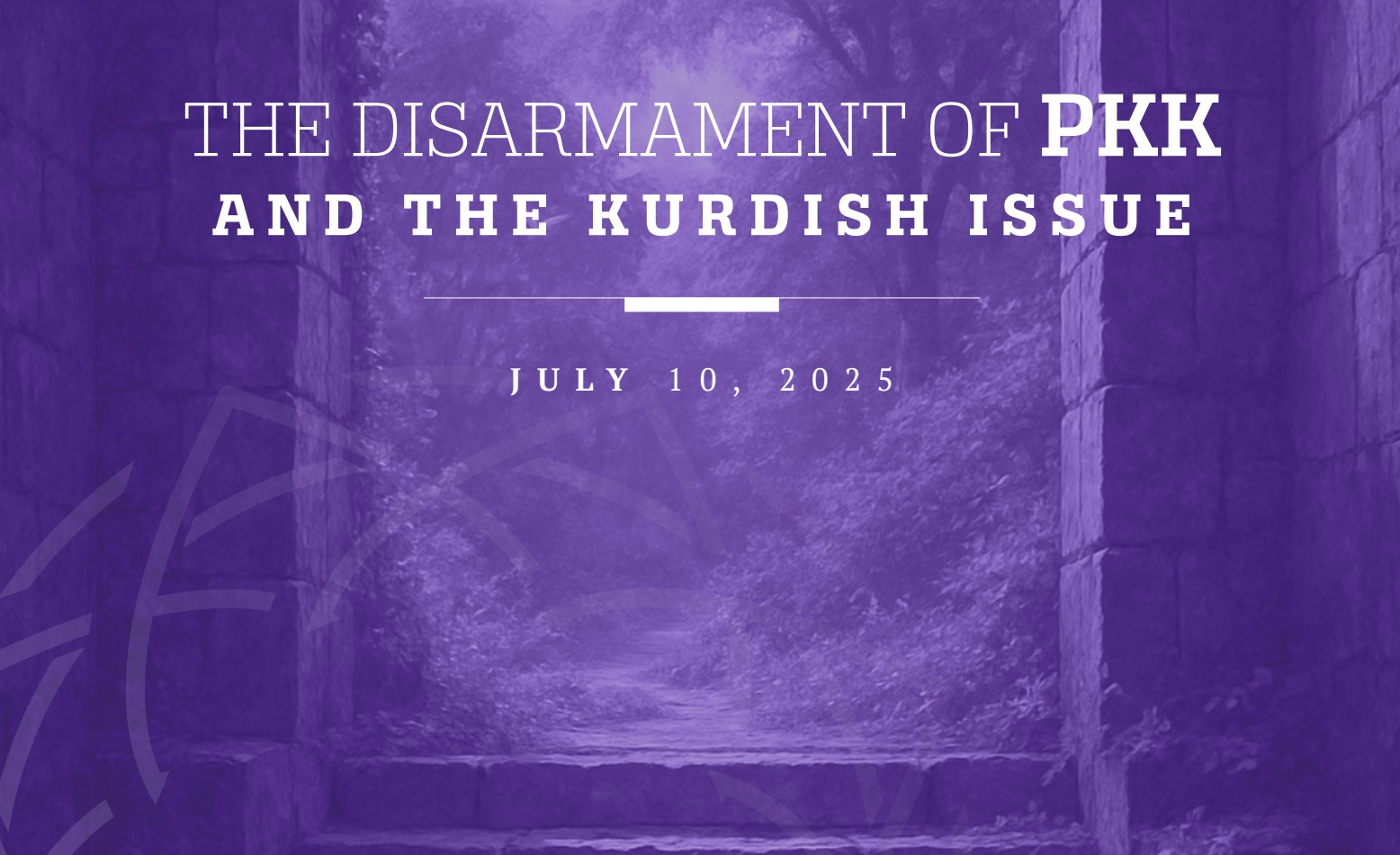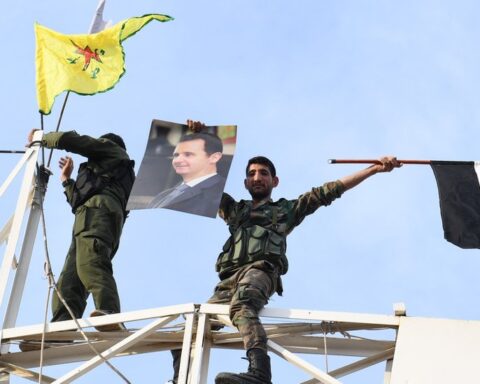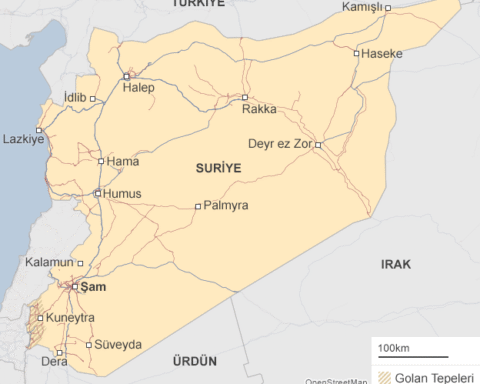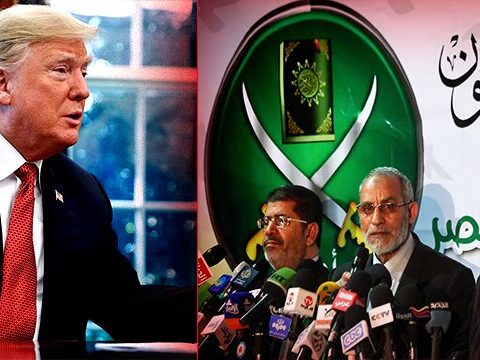A New Threshold, an Old Issue
The comprehensive field study titled “Disarmament of the PKK and the Kurdish Issue,” conducted by the Ankara Institute in July 2025, offers crucial insights into Turkey’s evolving counter-terrorism strategies, shifting public perceptions, and the collective memory surrounding the Kurdish issue. The report addresses not only the technical aspects of the disarmament process but also delves deeply into the historical roots of the Kurdish issue, its perceptual layers, and its connection to future democratization prospects.
Full Report: DISARMAMENT_PKK
ACADEMIC BOARD
Adnan BOYNUKARA, Galip DALAY, Hatem ETE, Bekir GÜR, Taha ÖZHAN, Osman SERT, Hande Deniz TÜRK
Summary of the Report
Political Ground: The Journey That Began with Bahçeli
The geopolitical upheavals in the Middle East after October 7, 2023, prompted Turkey to overhaul its internal security policies. In this context, on October 1, 2024, MHP leader Devlet Bahçeli approached the DEM Party benches in the Grand National Assembly and shook hands—a gesture that became the first symbolic step of the process. This was followed by Abdullah Öcalan’s call on February 27, 2025, for the PKK to “dissolve and lay down arms,” and on May 12, 2025, by the PKK’s official decision to comply by disarming and disbanding—landmarks that underscored the political dimension of the process.
However, these developments are being pursued within a more limited, concrete, and controlled framework, drawing lessons from the 2009–2015 peace process. Progress is measured not only by the PKK’s cessation of hostilities but also by reference to democratic reforms, social reconciliation, and demands for constitutional change.
Social Pulse: Support Exists, Conviction Limited
Sixty-nine percent of the public view the process positively, and sixty-six percent believe that the PKK’s disarmament would be beneficial for Türkiye. However, only thirty-six percent actually believe that the PKK will genuinely disarm. This figure reflects society’s balance between hope and caution. Opinions on the political implications of the process are also striking: fifty percent think it could secure President Erdoğan’s reelection, while thirty-seven percent predict that DEM Party will become Türkiye’s party.
Sociological Map of the Kurdish Issue: Belonging, Discrimination, and Perceptions
According to the report, society’s sense of cohesion is shaped primarily by “Islam” (30 %). This is followed by “shared history” (25 %) and “citizenship” (22 %). However, this distribution varies significantly by political identity, ethnic affiliation, and educational level: among Turkish participants, “shared history” and “citizenship” take precedence, whereas among Kurdish/Zaza participants, “Islam” (41 %) and “shared future” (20 %) are emphasized more.
There is also a marked divergence in perceptions of equality before the state: 65 % of Turks believe equality always exists, whereas only 33 % of Kurdish/Zaza participants feel the same. Moreover, 51 % of Kurdish/Zaza respondents report having experienced discrimination.
What Is the Cause of the Kurdish Issue?
Only thirty-seven percent of respondents acknowledge that there is a Kurdish issue in Türkiye. Among the causes, the highest average ratings fall under the following categories: the desire of other states to divide Türkiye (3.8 points), the emergence of the PKK (3.5 points), and the underdevelopment of Eastern and Southeastern Anatolia (3.0 points). In contrast, internally rooted factors—such as the failure to recognize Kurdish identity (2.4 points) and state discrimination (2.3 points)—carry less weight in public opinion. A significant portion of society perceives the PKK not as an outcome but as a cause of the Kurdish issue, reflecting the discursive continuity of those who think in line with the official ideology.
Legal, Political, and Moral Thresholds: What Does Society Say?
Society’s stance on the legal reforms accompanying the PKK’s disarmament is notably cautious:
- Support for improving Öcalan’s prison conditions: 19%
- Support for granting amnesty to PKK members who lay down arms: 21%
- Support for a general amnesty for PKK members currently in prison: 21%
By contrast, the public is relatively more supportive of measures such as empowering local governments, providing education in the mother tongue, and adopting a new citizenship-based constitution. 50% of respondents argue that a new constitution is necessary, yet only 37% believe that the current Parliament can deliver it.
Geopolitical Perspective: Cooperation with Iraq, Concern about Syria
50% of the public support strengthening relations with the Kurdistan Regional Government (KRG) of Iraq. In contrast, 38% believe a firm stance should be taken against a potential Kurdish establishment in Syria. This gap reveals that Türkiye’s society responds to the Kurdish issue with softer reflexes at home and harsher ones abroad.
Conclusion: The Road to Peace Begins with Confrontation
The process of disarming the PKK is for Türkiye not merely a security issue but a multidimensional transformation that intertwines democratization, equal citizenship, and historical reckoning. Success will come not only from the PKK’s withdrawal from the stage but also from the state’s redefinition of its own official narrative, its collective memory, and its relationship with the political system.






